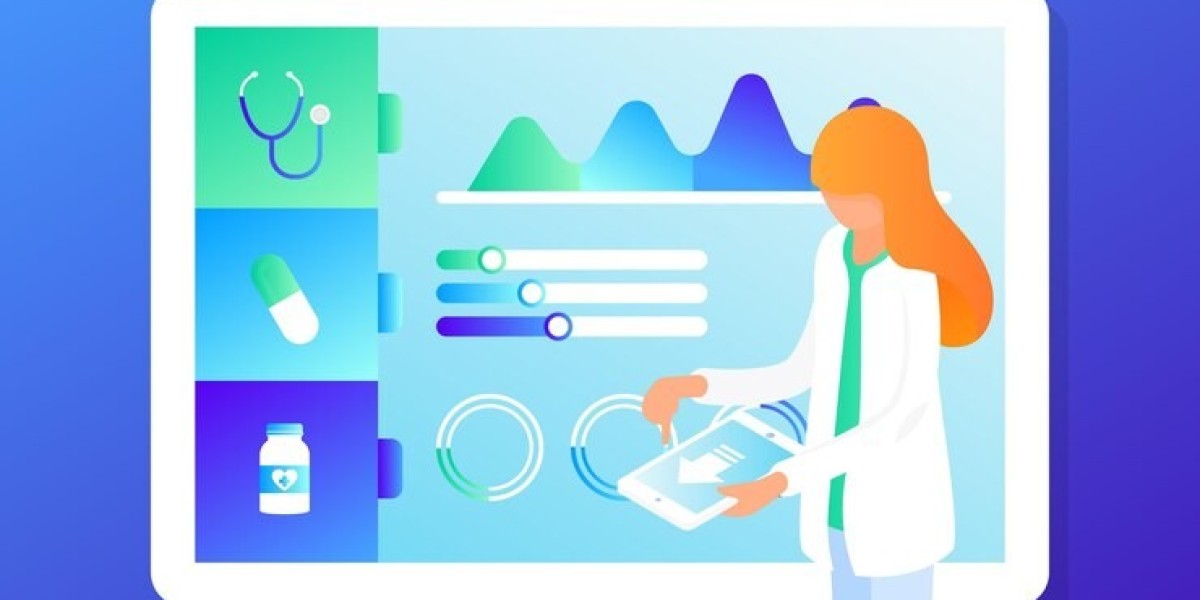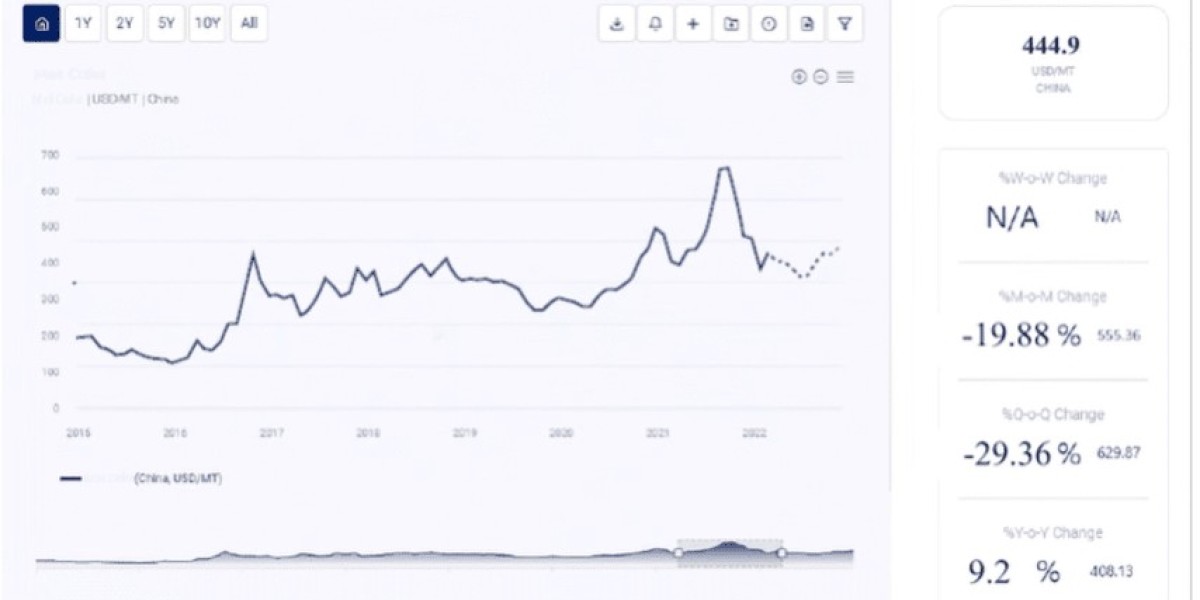Data analytics in healthcare has emerged as a transformative force, reshaping the way medical institutions deliver care, manage resources, and enhance patient outcomes. With advancements in technology, the integration of big data analytics into the healthcare sector is not just a trend but a necessity. This blog explores how data analytics is revolutionizing healthcare and why it’s pivotal for the future of medicine.
Understanding Data Analytics in Healthcare
At its core, data analytics in healthcare involves the systematic collection, processing, and interpretation of vast amounts of medical and operational data. This data originates from electronic health records (EHRs), medical imaging, patient feedback, wearable devices, and administrative records. By leveraging analytics, healthcare providers can identify trends, predict outcomes, and implement strategies to improve both clinical and operational efficiency.
Key Applications of Data Analytics in Healthcare
- Predictive Analytics for Early Intervention
Predictive analytics uses historical and real-time data to forecast potential health risks. For example, hospitals can analyze patient histories to predict the likelihood of chronic diseases like diabetes or heart disease. Early intervention through predictive analytics significantly reduces hospital readmissions and improves quality of life for patients. - Personalized Treatment Plans
No two patients are alike, and data analytics allows for the creation of personalized treatment plans. By analyzing genetic information, lifestyle habits, and medical history, healthcare providers can tailor treatments that are most effective for individual patients. Precision medicine, powered by analytics, is paving the way for more targeted and effective care. - Operational Efficiency and Cost Reduction
Data analytics in healthcare is also transforming the operational side of medical institutions. By analyzing workflow data, hospitals can optimize staffing, reduce wait times, and allocate resources more efficiently. Additionally, identifying patterns in billing and insurance claims can help detect and prevent fraud, saving millions in unnecessary expenses. - Improving Population Health
Population health management relies heavily on data analytics. By analyzing trends across different demographics, healthcare providers can identify public health risks and implement preventive measures. For instance, during the COVID-19 pandemic, data analytics played a crucial role in tracking infection rates, hospital capacities, and vaccine distribution. - Enhancing Patient Experience
Patient feedback and satisfaction metrics are vital for healthcare providers. Data analytics enables the analysis of this feedback to identify areas of improvement. From reducing wait times to enhancing communication between patients and providers, analytics ensures a patient-centric approach to healthcare.
Benefits of Data Analytics in Healthcare
- Better Decision-Making: With real-time data insights, healthcare providers can make informed decisions, leading to better patient outcomes.
- Cost Efficiency: Analytics reduces wastage of resources, helping institutions cut unnecessary costs.
- Enhanced Patient Safety: By predicting risks and monitoring treatment efficacy, analytics minimizes medical errors.
- Streamlined Operations: Improved workflows and resource allocation result in smoother healthcare delivery.
Challenges and Solutions
Despite its immense potential, the adoption of data analytics in healthcare is not without challenges:
- Data Privacy and Security: Handling sensitive patient data requires robust security measures. Implementing advanced encryption techniques and adhering to regulations like HIPAA ensures data safety.
- Data Integration: Healthcare data often exists in silos, making integration difficult. Utilizing interoperable systems and standardized data formats can bridge this gap.
- Skilled Workforce: The lack of trained professionals in data analytics is a hurdle. Investing in training programs and collaborations with tech experts can address this issue.
The Future of Data Analytics in Healthcare
The future of data analytics in healthcare looks promising. Innovations such as artificial intelligence (AI) and machine learning are set to enhance predictive capabilities. Additionally, the integration of wearable technology and the Internet of Medical Things (IoMT) will generate even more valuable data for analysis. These advancements will empower healthcare providers to offer proactive and preventive care, transforming the industry from reactive to predictive.
Conclusion
Data analytics in healthcare is no longer optional; it’s a cornerstone for delivering efficient, patient-centered care. From predictive analytics to operational optimization, the benefits are vast and undeniable. As technology continues to evolve, the role of data analytics will only become more integral to the healthcare sector. By embracing this powerful tool, healthcare providers can ensure better patient outcomes, reduced costs, and a more efficient system overall.
If you’re a healthcare provider looking to harness the power of data analytics, now is the time to act. Embrace this transformative technology and lead the way toward a healthier future for all.








